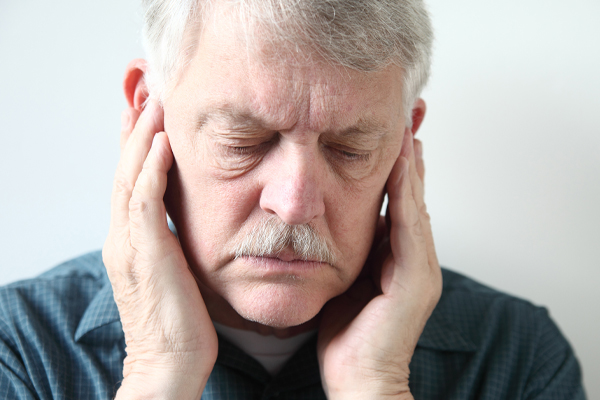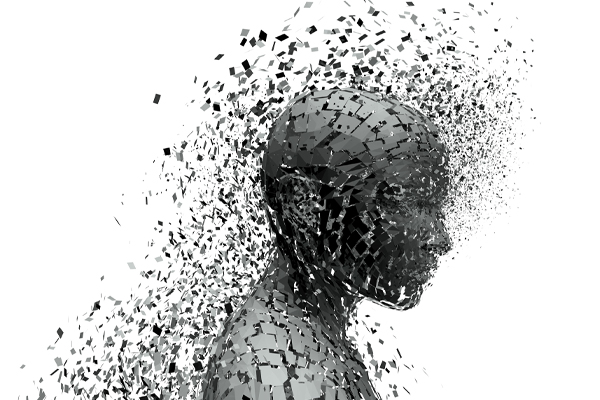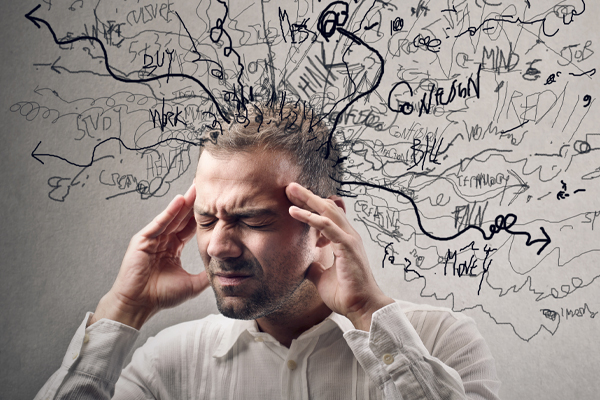Facial Pain And Ear Pain
Tension in your head, neck, and jaw muscles can cause you excruciating facial pain.
The temporomandibular joint (TMJ) connects the jaw to the skull. It’s composed of muscles, bones, ligaments, and discs. It allows you to move your jaw and mouth.
If something is wrong with the TMJ, you may experience pain. And this pain can travel far from where the problem is. It can reach the sides of your face and even your forehead.
Temporomandibular Joint Disorder (TMD) Symptoms
In minor cases, TMJ discomfort can subside without treatment. But it can also be chronic.
Here are some symptoms to look out for:
- Pain or tenderness at the jaw area or around the ears
- Discomfort or pain when speaking, swallowing, or chewing
- Jaw clicking or locking
- Chronic facial pain
- Limited jaw movement
Your dentist, oral surgeon, ENT specialist, and family physicians can confirm symptoms of and diagnose TMD. They can identify possible causes, rule out other health issues, and explain to you in detail the cause of your facial pain.
Cause of Facial Pain
Facial pain can be 'referred' or originating from another body part.
If you have TMD, the symptoms can vary and they can be recurring or chronic. It can be confusing as they’re not often straightforward.
The pain in your face can be due to dental malocclusion or poor jaw function. The nerves, muscles, and joints in the head, face, and neck communicate with each other. When a nerve in your jaw is strained, the pain can reach other areas of your face, even your neck, and back.
It’s important to find out the cause of the pain to effectively treat TMD.
To relieve TMD, you can:
- Make changes to your daily habits or lifestyle. Practicing good posture, learning to relax, eating soft food, and avoiding unnecessary jaw movements can relax the jaw muscles and reduce facial pain.
- Take over-the-counter medications. Taking over-the-counter pain relievers might reduce discomfort, but it’s temporary.
- Seek proper diagnosis from your dentist or physician. Seeing your dentist for a thorough examination can shed light on the facial pain you’re experiencing. Your dentist can diagnose the issue and recommend long-term solutions.
Ear Pain and TMD
A misaligned bite can contribute to jaw and facial pain. It happens when the upper and lower teeth don’t come in contact properly. You may feel discomfort and pain behind your eyes and ears. In some instances, you may also experience numbness in your fingertips.
How are jaw issues connected to ear pain?
Ringing in your ears, ear congestion, hearing loss, and vertigo may be connected to jaw misalignment issues. If the jaw joint is displaced due to a bad bite, the tissue around it can become inflamed and compressed. Over time, this can result in damage.
Your ears, meanwhile, are made of two important muscles - the tensor tympani and the tensor veli palatini.
The tensor tympani stabilizes the ears when there is excessive vibration or loud sounds in the environment and the tensor veli palatini equalizes pressure inside the ear.
A poor bite or misaligned jaw can strain these ear muscles and affect their function.
Note, however, that there are several potential causes of ringing in the ears or ear pain. TMD is one of them. Restoring balance in your bite can reduce or resolve the issue.
Reducing Facial and Ear Pain at the Dental Office
If you’re experiencing pain in your face that reaches your ears, we invite you for a consultation with our dentist here at Wing Dental.
Learn more about how the jaw is connected to your face and your overall well-being, determine whether you have temporomandibular disorders, and look into possible treatments.
Early detection is crucial to preventing the need for complex treatments. It’s also beneficial for your overall health. If you’re ready to talk to a dentist, contact us today and we’ll book a consultation.



© 2025 Wing Dental and H-cube Marketing, www.DentalGrowthStrategies.com. All Rights Reserved.
